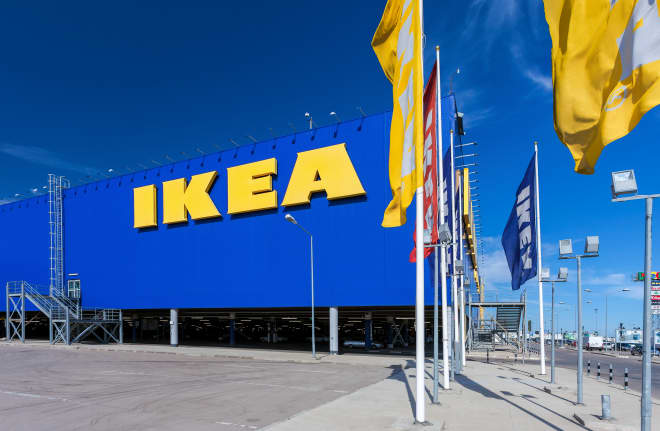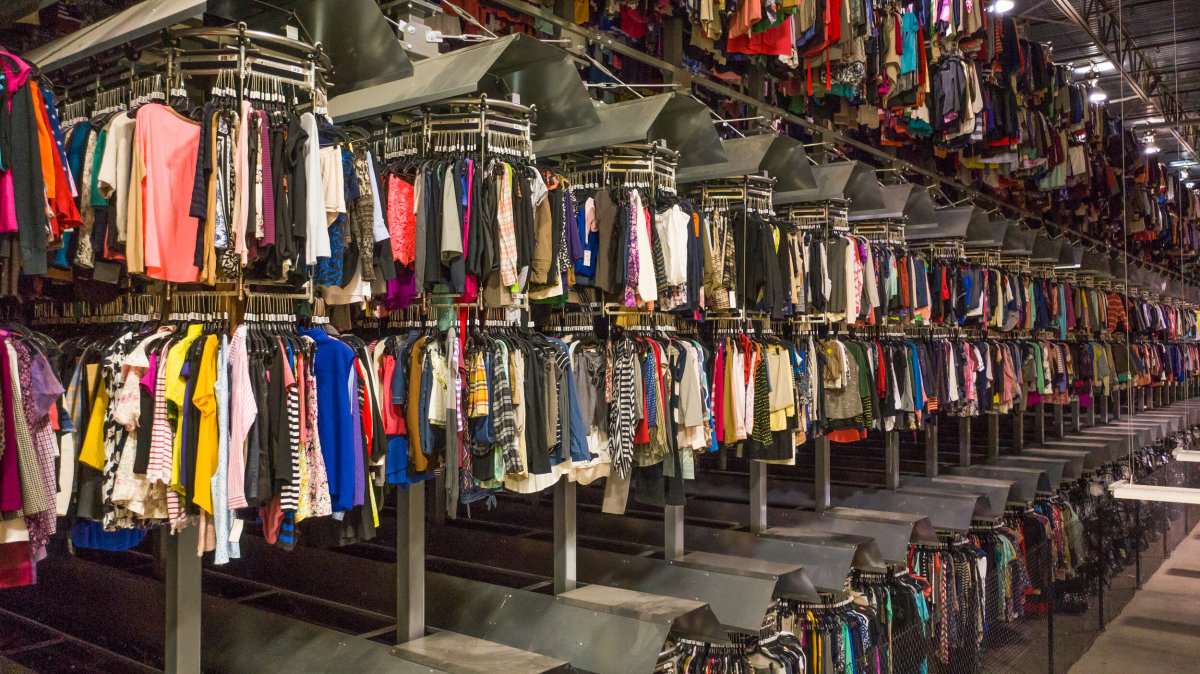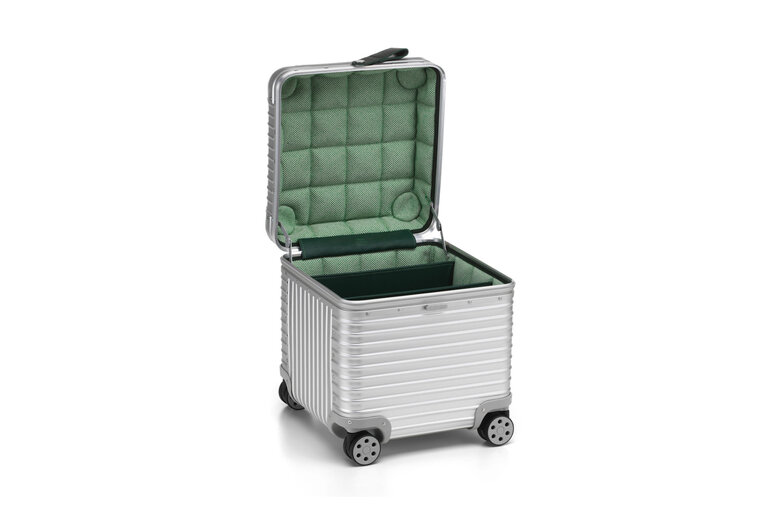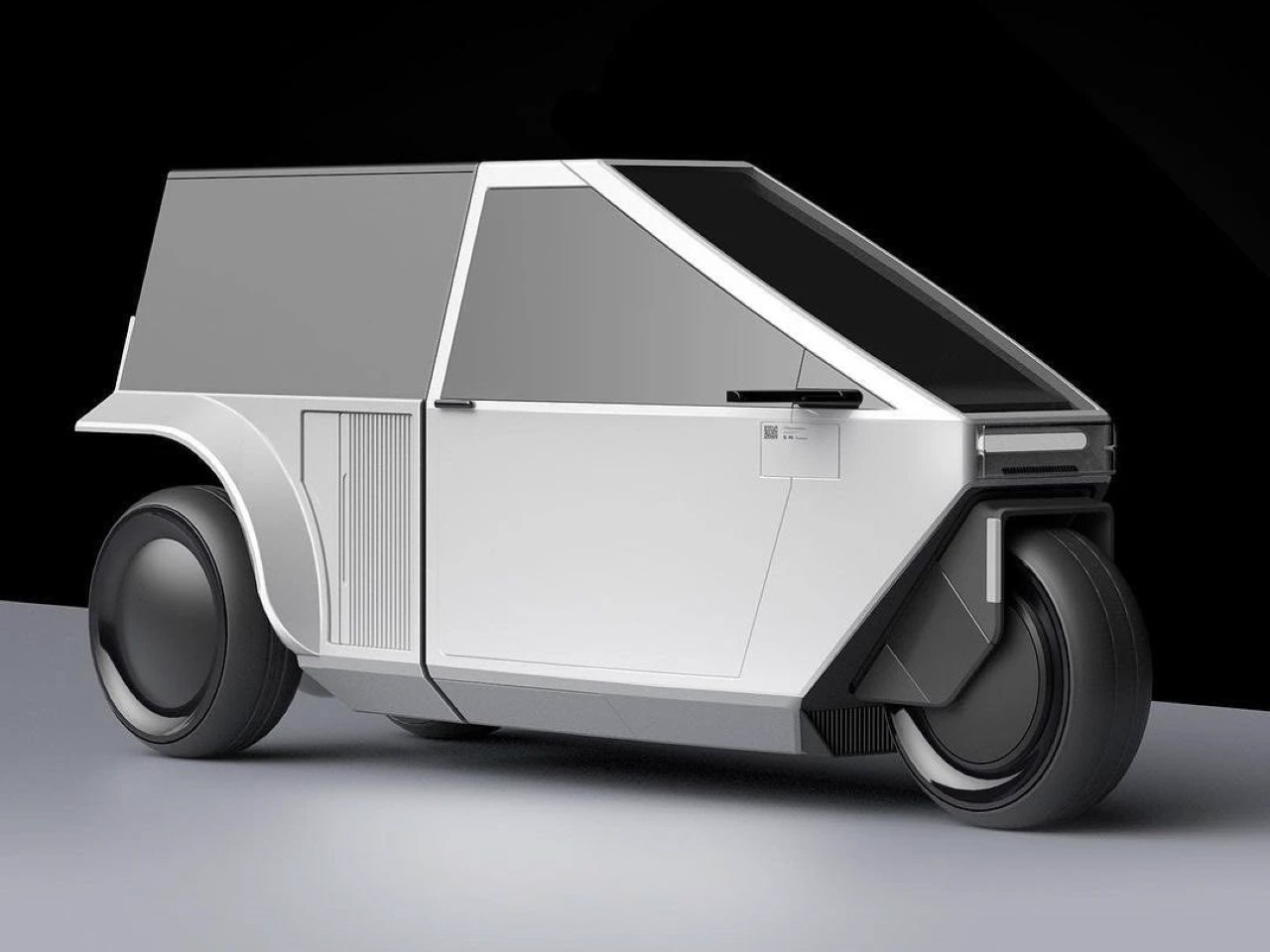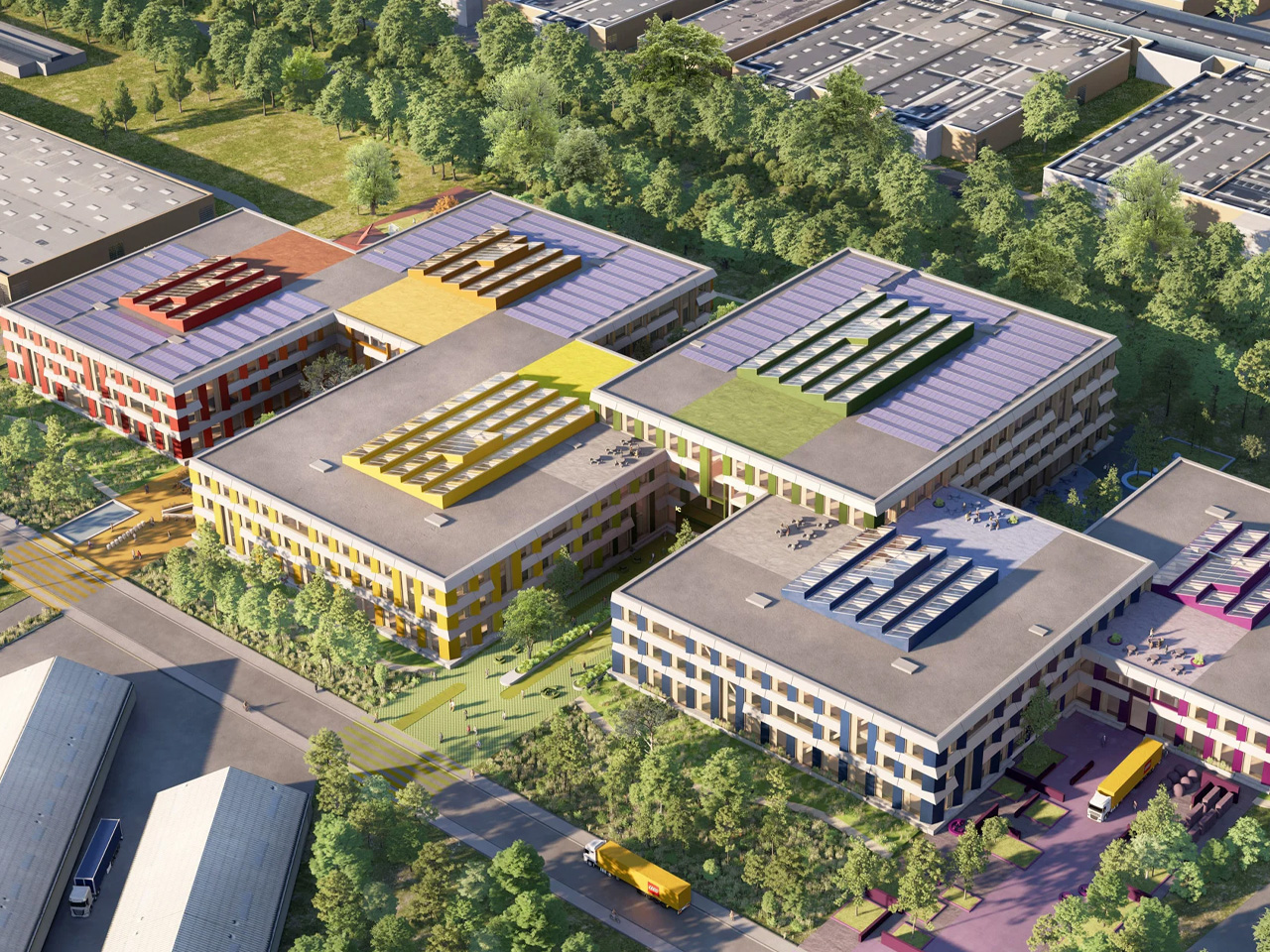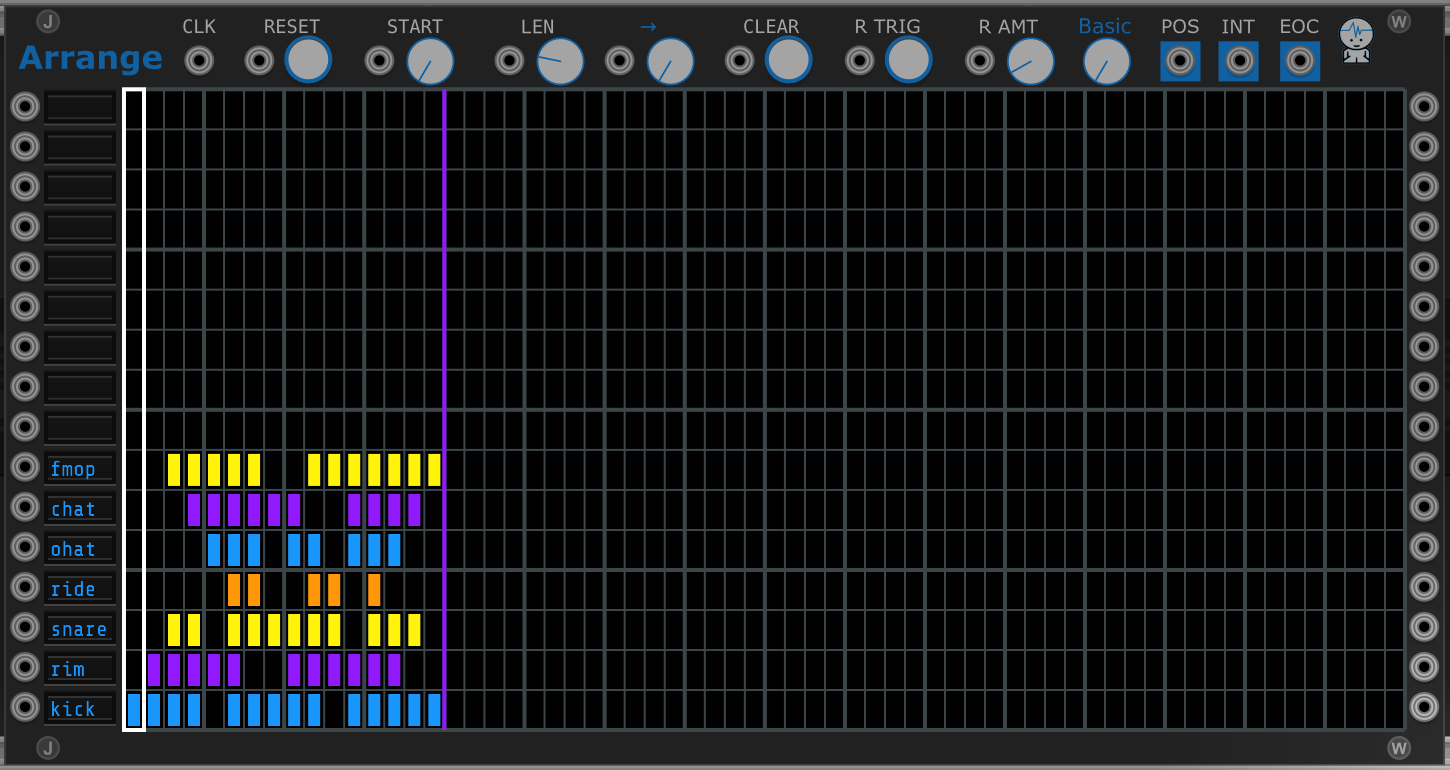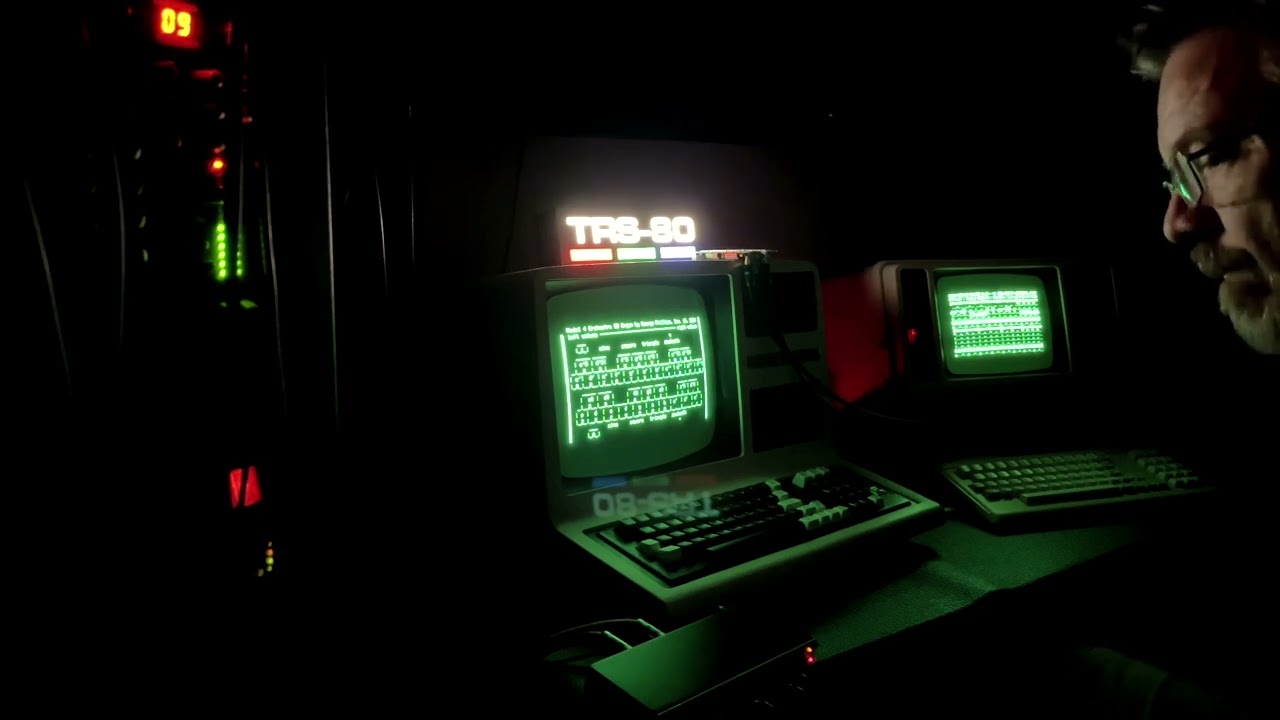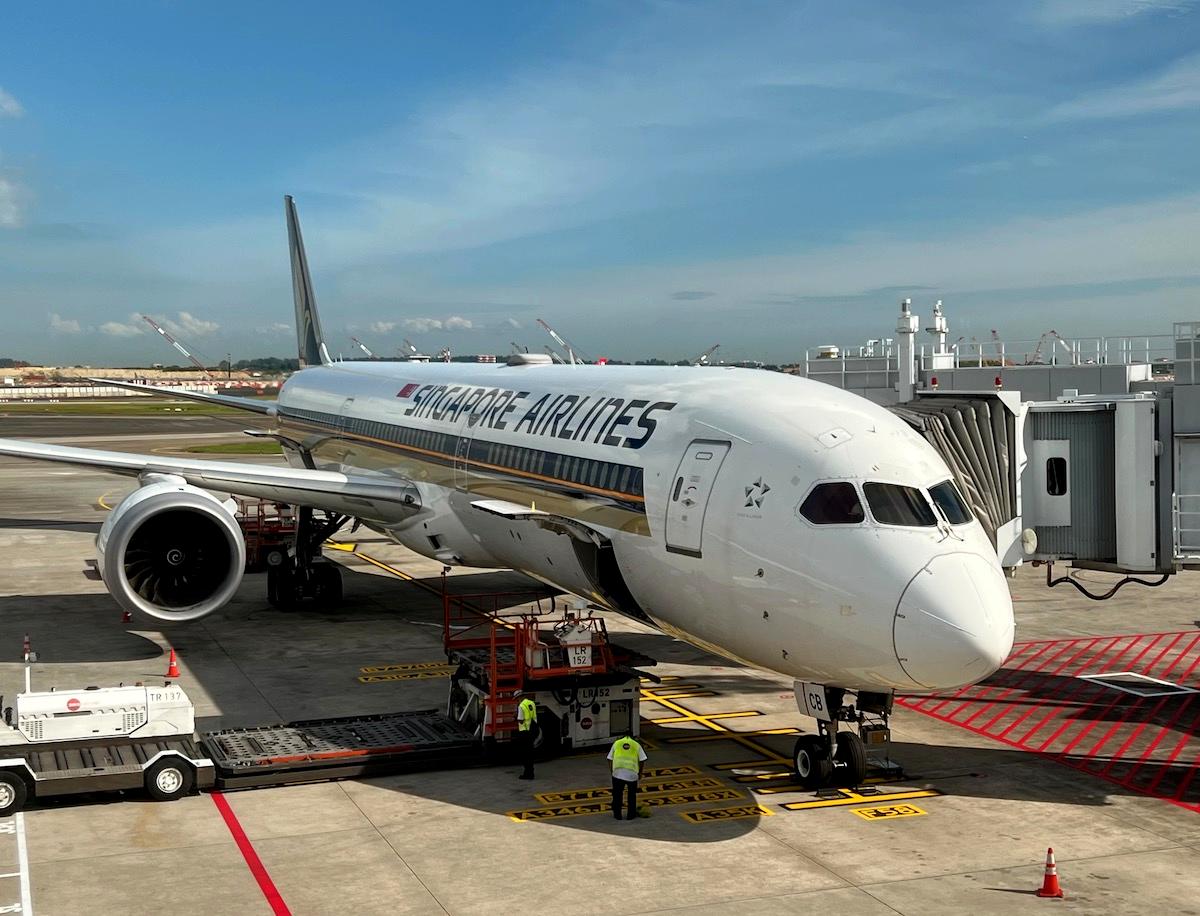Delta Flying Airbus A350s From Seattle, Planning Expansion
Competition in Seattle is heating up when it comes to long haul service, as Delta increasingly plans to operate routes from the airport with its flagship Airbus A350.

Competition in Seattle is heating up when it comes to long haul service, as Delta increasingly plans to operate routes from the airport with its flagship Airbus A350.
Delta’s Seattle transpacific routes upgraded to A350
Delta has a hub in Seattle (SEA), whereby the airline flies across both the Atlantic and Pacific. Transatlantic destinations include Amsterdam (AMS), London (LHR), and Paris (CDG), while transpacific destinations include Seoul (ICN), Shanghai (PVG), Taipei (TPE), and Tokyo (HND).
Historically, these routes have primarily been operated by Airbus A330-900neos. However, in recent weeks, we’ve seen the airline shift these routes to Airbus A350-900s:
- The Taipei Taoyuan route has been upgraded as of March 29, 2025
- The Seoul Incheon route has been upgraded as of March 29, 2025
- The Tokyo Haneda route has been upgraded as of May 23, 2025
Delta is increasingly shifting all of its mainland US to Asia routes to being operated by A350s, so it was open to debate whether this decision was specific to Seattle, or more about a cohesive transpacific strategy.
The A350 is considered Delta’s flagship aircraft. So, how have these aircraft upgrades impact capacity?
- Delta’s A330-900neos feature 281 seats, including 29 business class seats, 28 premium economy seats, and 224 economy seats
- Delta’s standard A350-900s feature 306 seats, including 32 business class seats, 48 premium economy seats, and 226 economy seats
- Delta’s new premium A350-900s feature 275 seats, including 40 business class seats, 40 premium economy seats, and 195 economy seats
As you can see, across the board the A350 represents a significant increase in premium capacity, while it represents either a tiny increase in economy capacity, or even a reduction. While both aircraft types have Delta One Suites, the A350-900 has a better product than the A330-900neo.
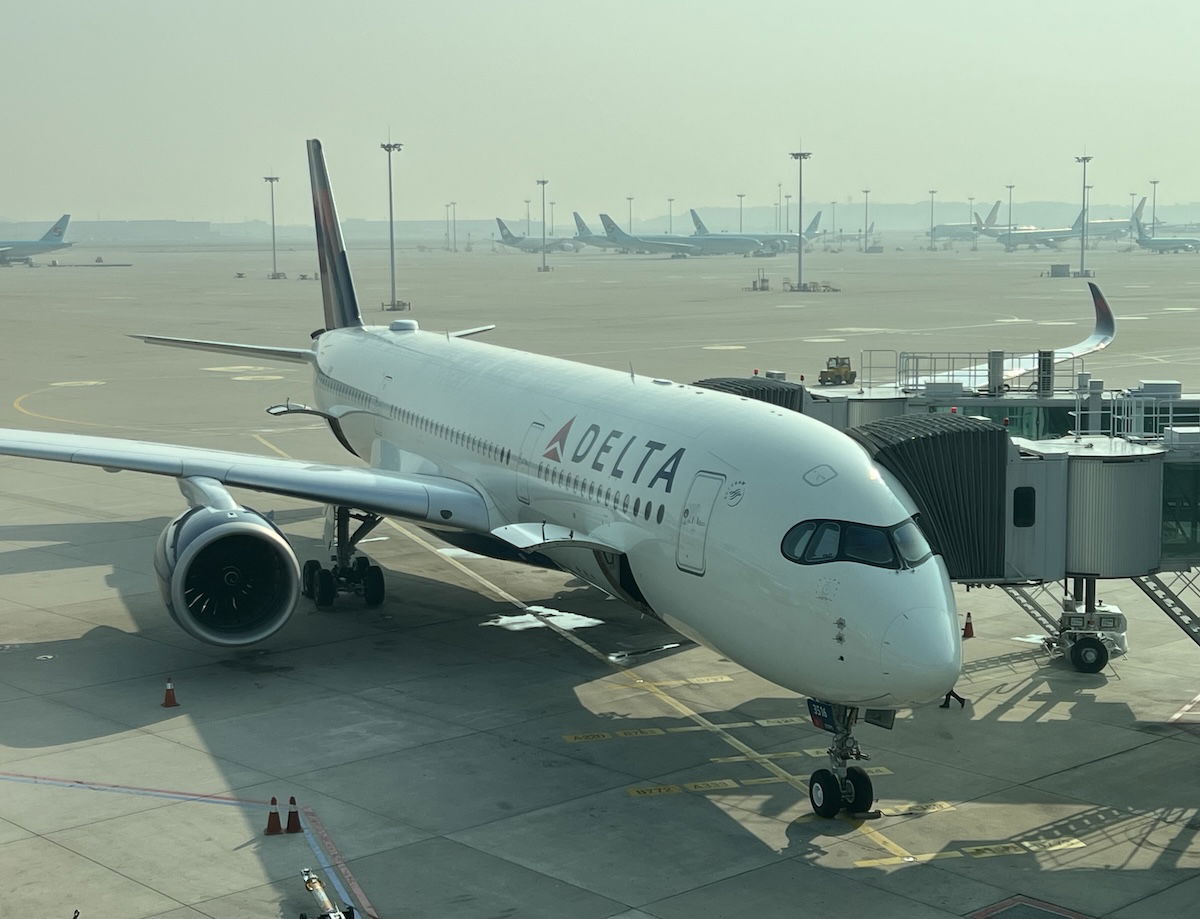
Delta plans A350 pilot base in Seattle, more growth
JonNYC reports that Delta is planning on opening an Airbus A350 pilot base in Seattle, probably in the spring of 2026. The timing is purely due to the upcoming pilot hiring cycle, since switching opening bases can be logistically complicated, and airlines are strategic about that.
Now, with three long haul routes from Seattle already served by A350s, there’s perhaps merit to a pilot base there, even without additional capacity. However, reading the tea leaves, it sure seems likely that this also means that Delta will expand its A350 service from the airport. Don’t be surprised to see some of Delta’s Europe routes eventually operated by the A350, especially with the airline taking delivery of more of these planes.
DL seems to be looking to make SEA an A350 base it waits on new hire cycle, fall of this year to spring of '26 seems to be the hiring time-frame.— JonNYC (@xjonnyc.bsky.social) June 3, 2025 at 8:47 PM
This is obviously an Alaska competitive response
Why is Delta suddenly upgrading some of its Seattle flights to A350s, and opening a pilot base there? I suspect the answer is pretty obvious.
Primarily, I assume this is in response to the “battle in Seattle” between Alaska and Delta. Alaska is turning Seattle into a global gateway. The airline has already launched flights to Tokyo Narita (NRT), plans to launch flights to Seoul Incheon (ICN) as of September 2025, and plans to launch flights to Rome (FCO) as of May 2026. Alaska certainly has a very loyal following in Seattle, and also a massive network of connectivity.
Until now, Delta has been the dominant long haul carrier in Seattle, despite not having as loyal of a following in the Pacific Northwest, and also not having as extensive of a connecting network in the United States. Obviously Delta is going to try to compete, though it remains to be seen how this all plays out.
I assume there’s another factor at play here, though. Delta is taking delivery of a number of A350-900s in the coming months. On top of that, Delta is reconfiguring its ex-LATAM A350s to have a more competitive product, so that they can start serving routes that are less leisure oriented.
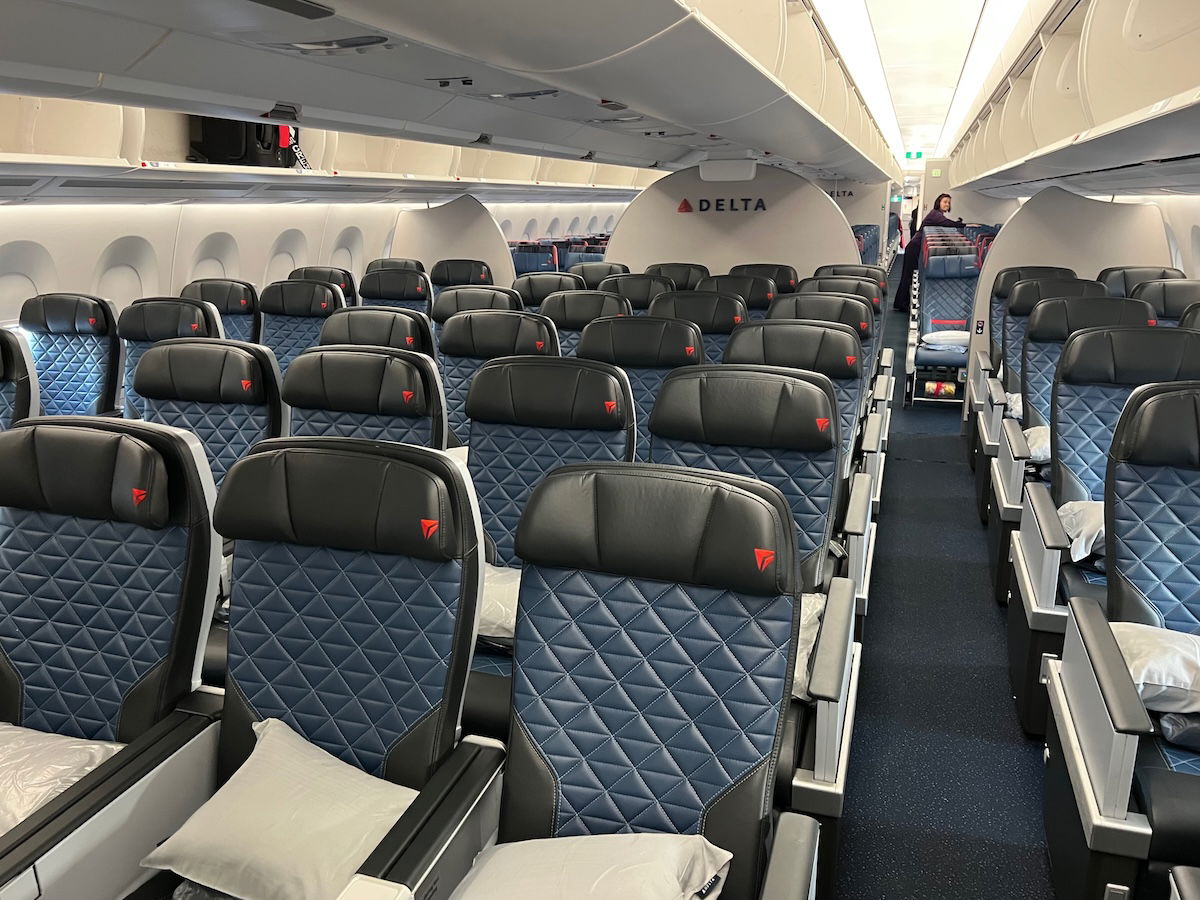
Now, I am very curious to see how these equipment upgrades work out:
- Delta doesn’t need the incremental range of the A350-900 out of Seattle, unlike for long haul flights in some other markets
- Delta’s Taipei load factors have been abysmal over many months, and I can’t imagine the route is making any money; heck, Delta even keeps having award sales for business class on this route, which almost never happens in other markets
- So I wonder if this capacity upgrade reflects actual success for Delta in the market, or if the airline is essentially going “all-in” to try to gain market share in Seattle, as part of a competitive response
It goes without saying that Delta is a highly successful airline. However, Delta’s biggest success has historically been in fortress hubs, which the airline dominates. Seattle is Delta’s only hub where the carrier is the underdog.
Yes, Delta has the advantage of transatlantic and transpacific joint ventures, an existing long haul network from the airport, and a competitive product. However, Alaska has the advantage in terms of a loyal following, a larger connecting network, and a better cost structure. Furthermore, we know that Alaska is 100% committed to its strategy, and won’t give up in Seattle.
So will there be room for both airlines to compete in the long run, or could we see Delta eventually retreat, and instead focus more on long haul service from Salt Lake City (SLC)?
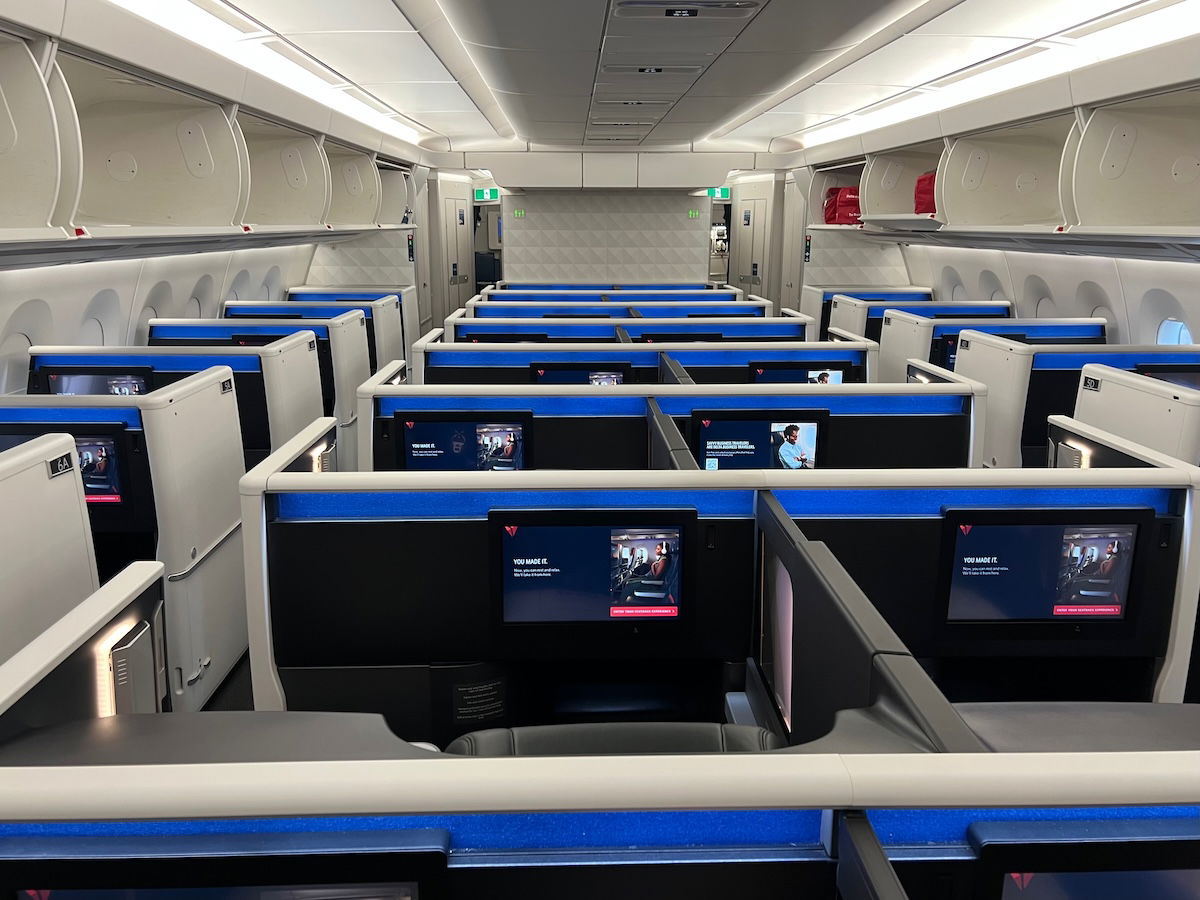
Bottom line
In recent times, Delta has upgraded its three transpacific routes from Seattle to the Airbus A350-900. Not only that, but the airline reportedly plans to soon open an A350 pilot base in Seattle, suggesting we could see even more A350 operations at the airport.
While this partly reflects that Delta is continuing to grow its A350 fleet, I’d argue that it primarily reflects the carrier trying to become as competitive as possible with Alaska, as the airline increasingly operates long haul flights. Delta is obviously going all-in in defending its long haul network in Seattle. How this plays out in the long run is anyone’s guess.
What do you make of Delta going all-in with the A350 in Seattle?























































![The Sweet Cheat [THE PAST REGAINED]](https://jonathanrosenbaum.net/wp-content/uploads/2011/05/timeregained-womanonstairs.png)
























































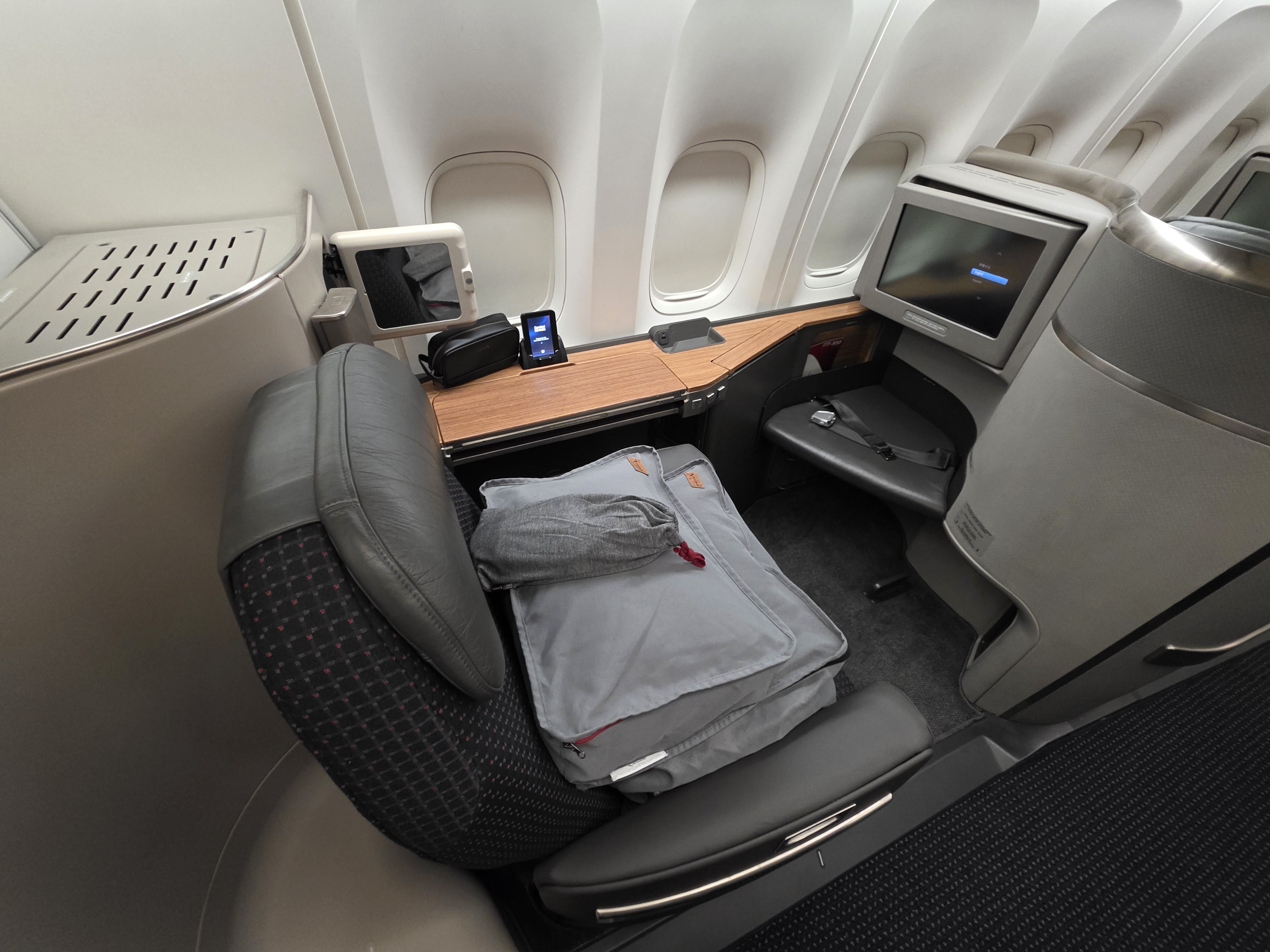

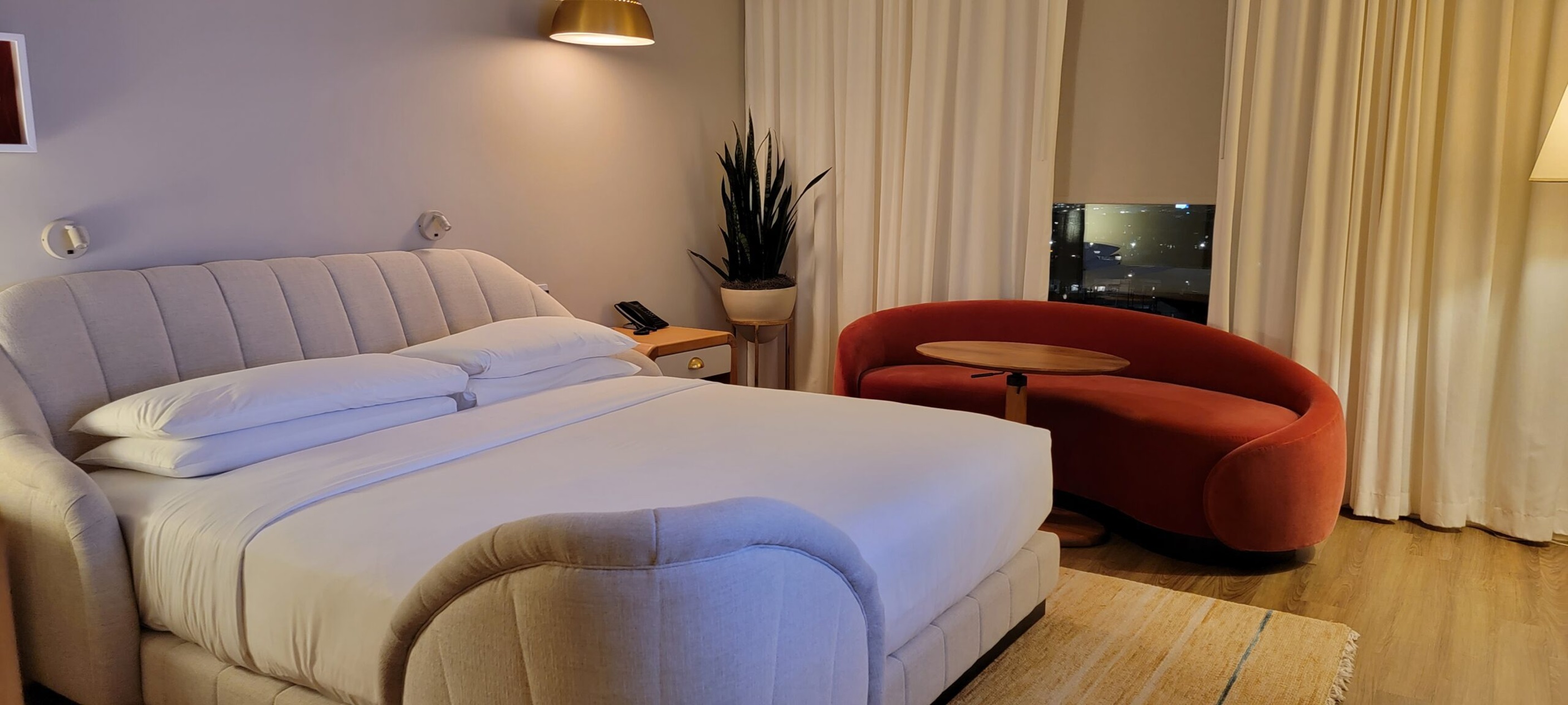

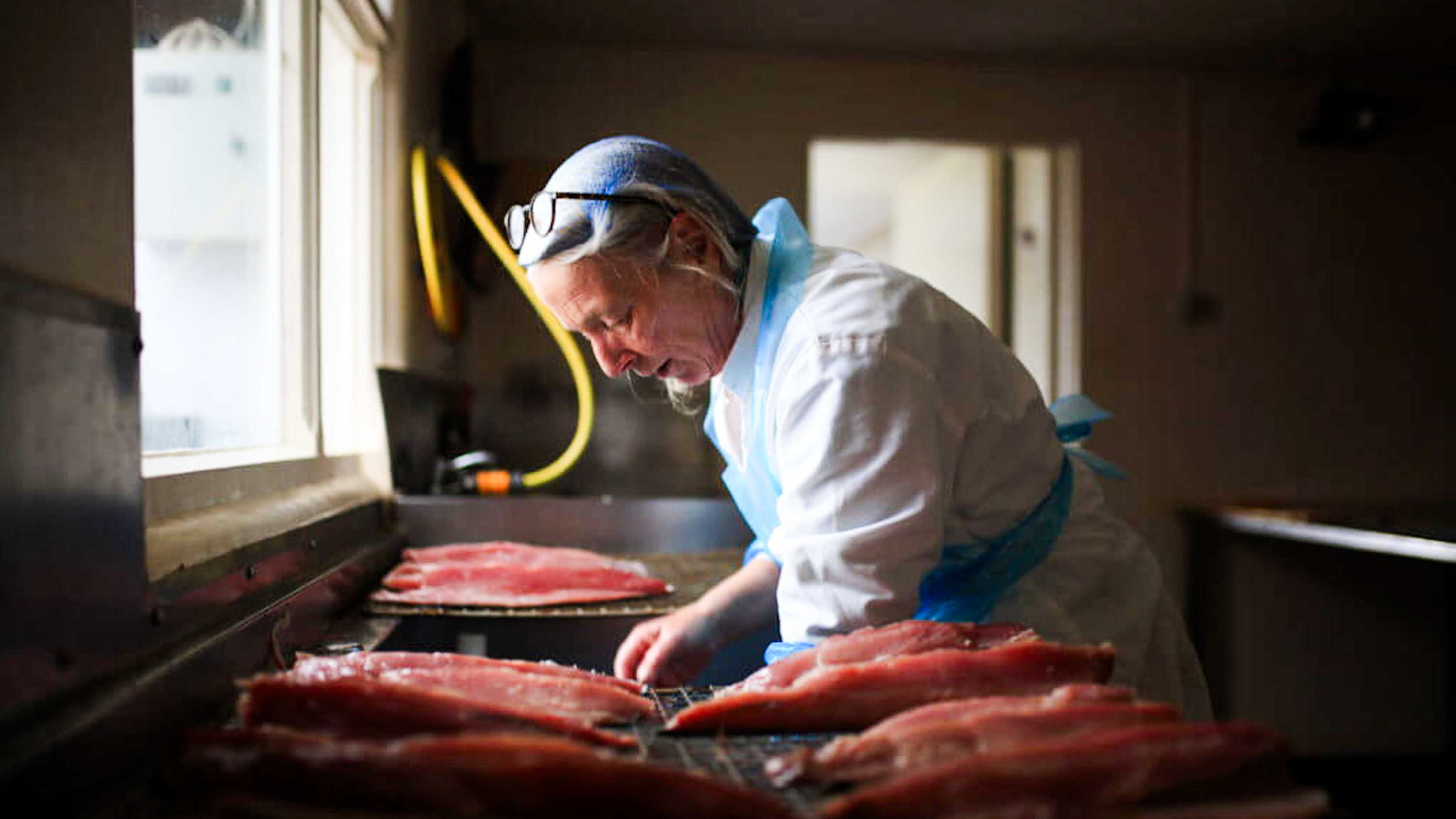









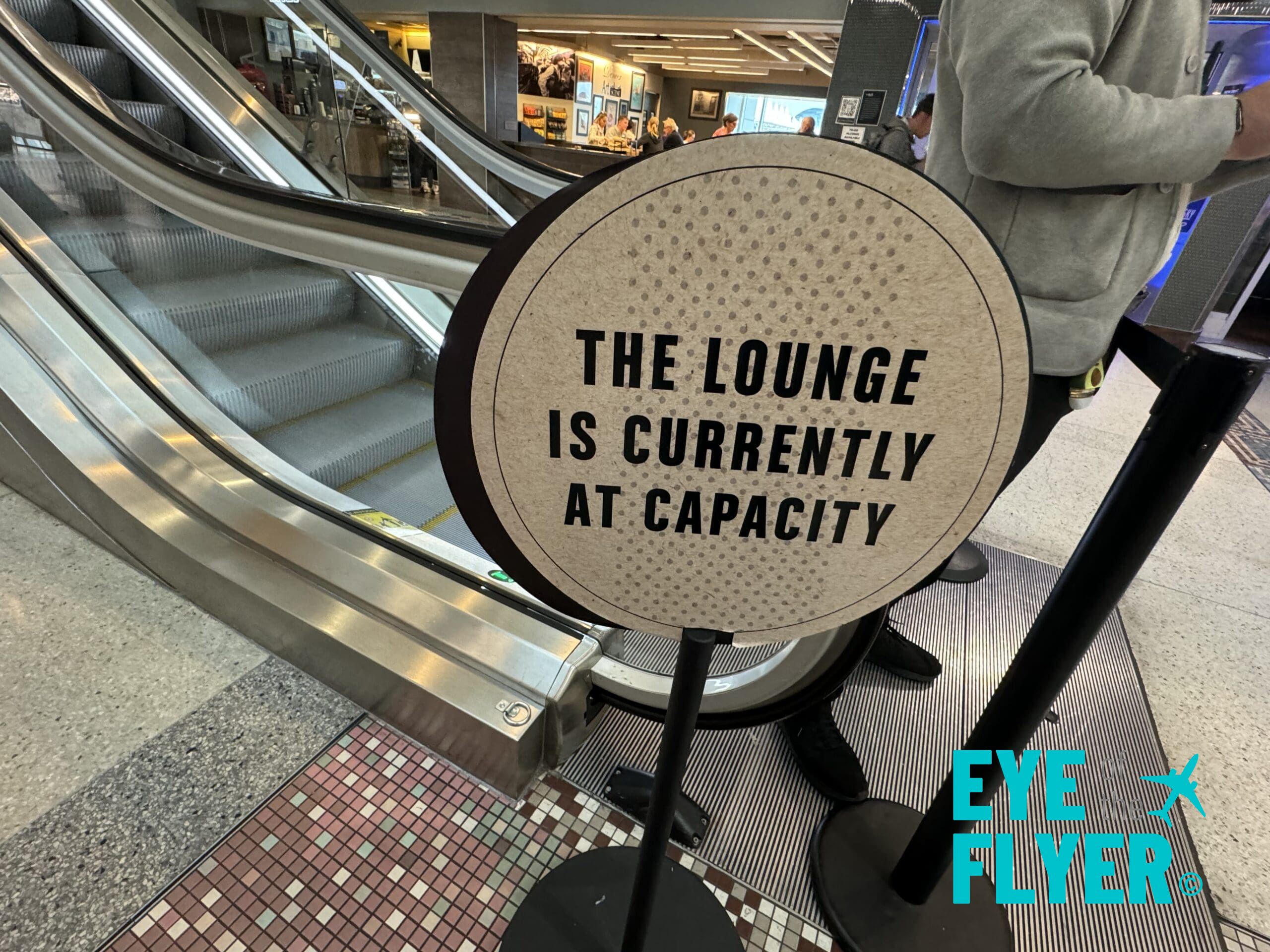
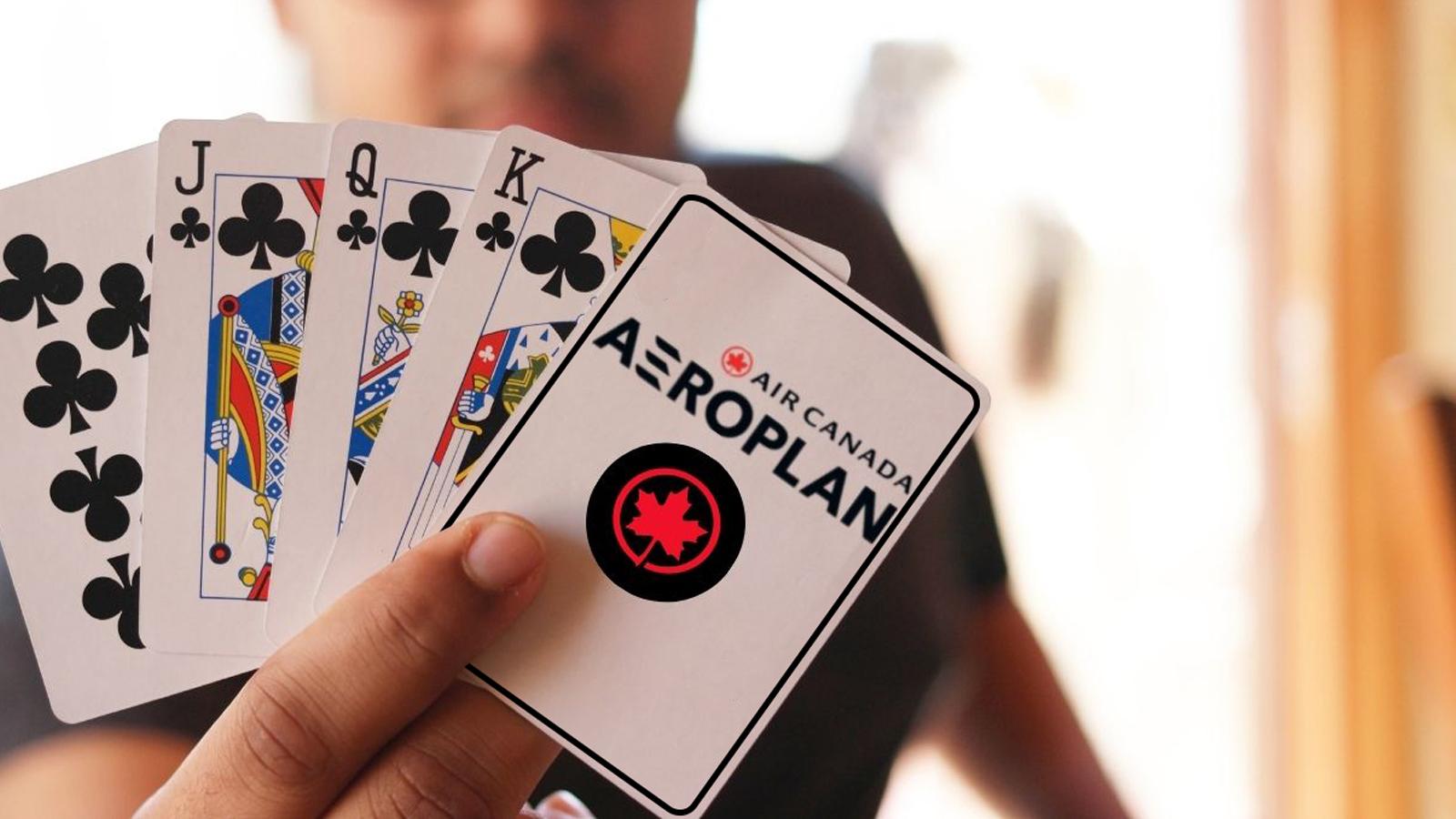

















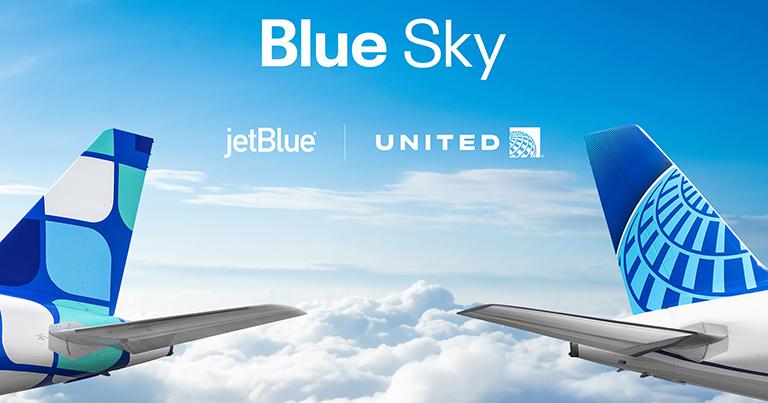

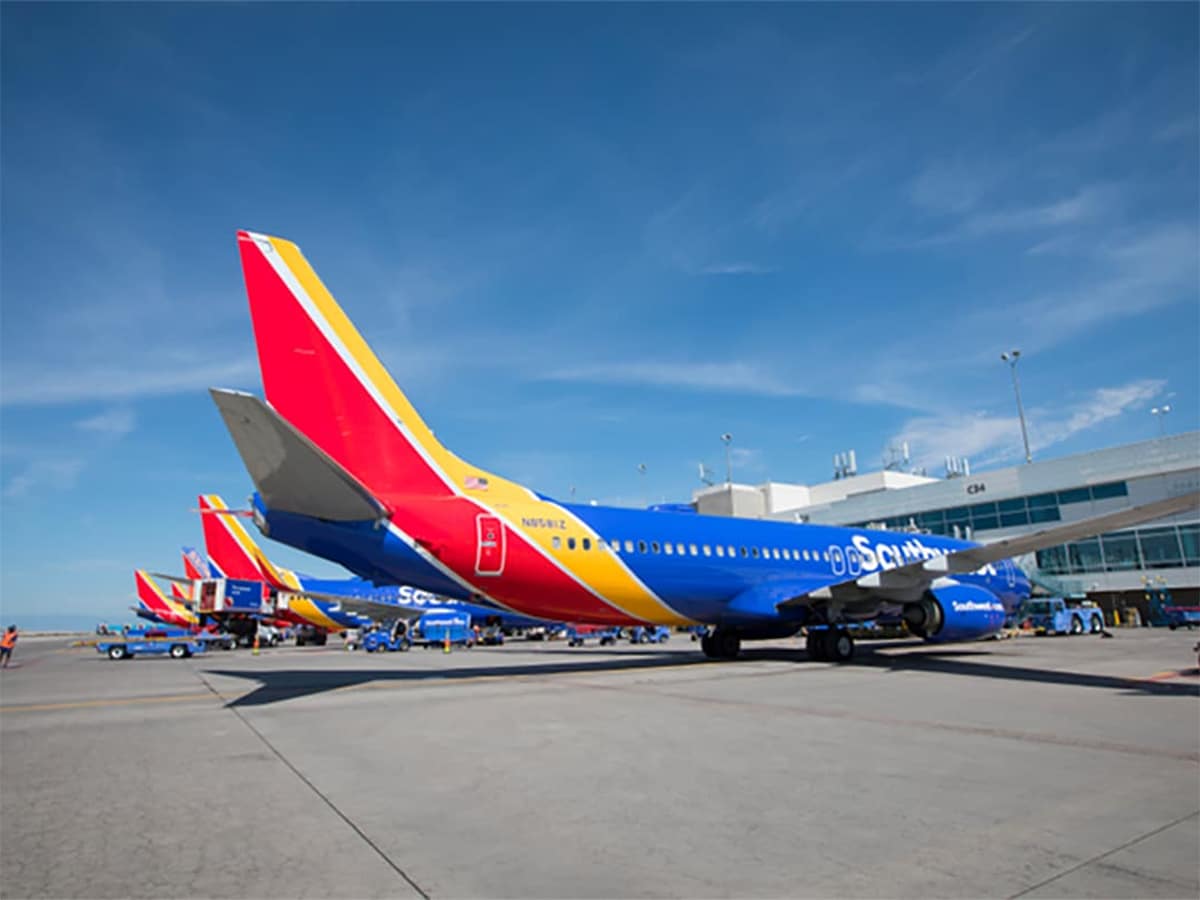

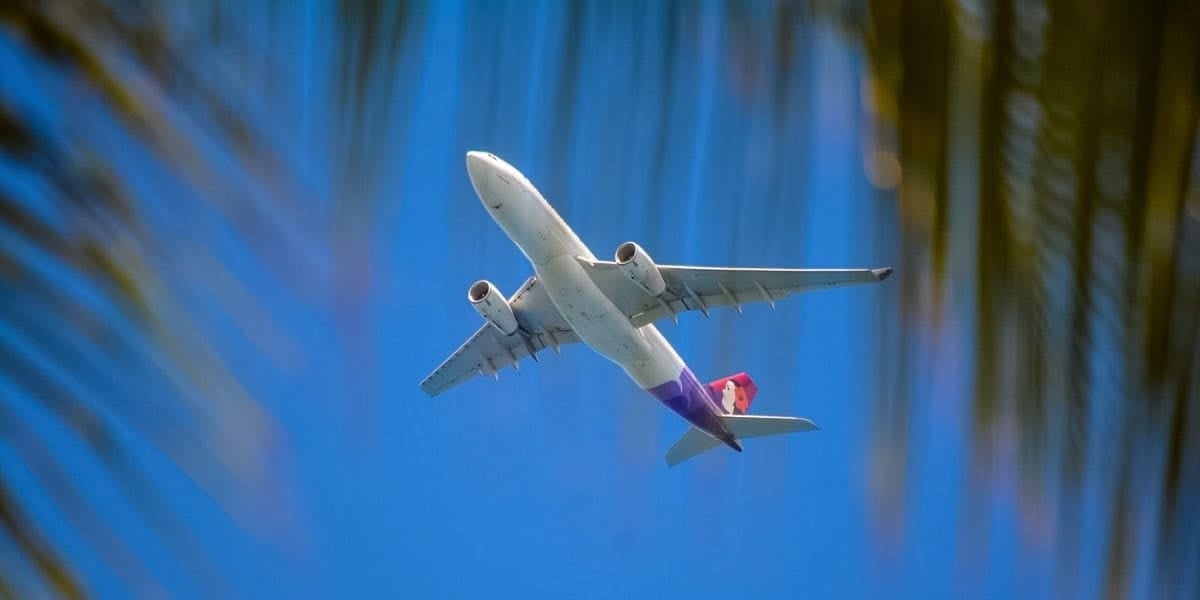

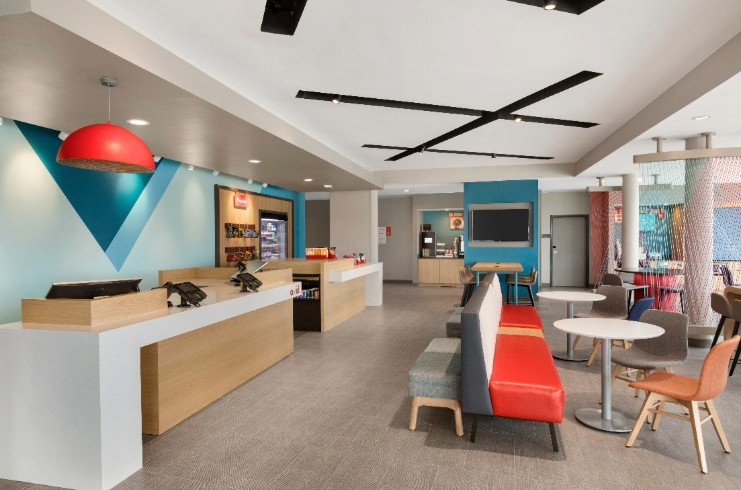








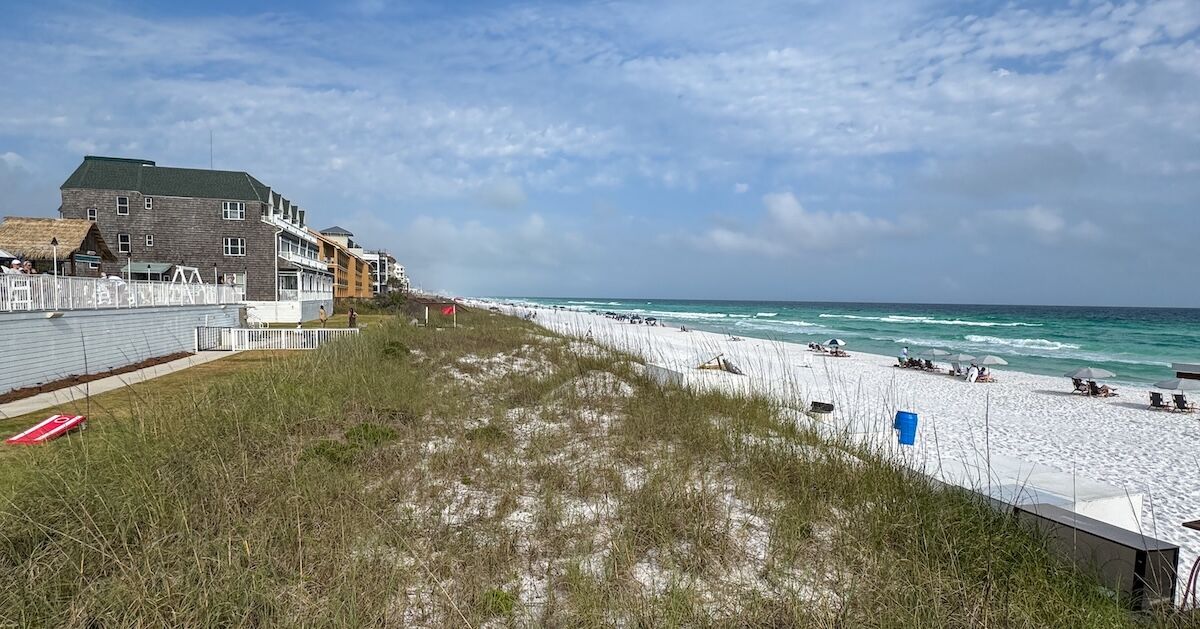







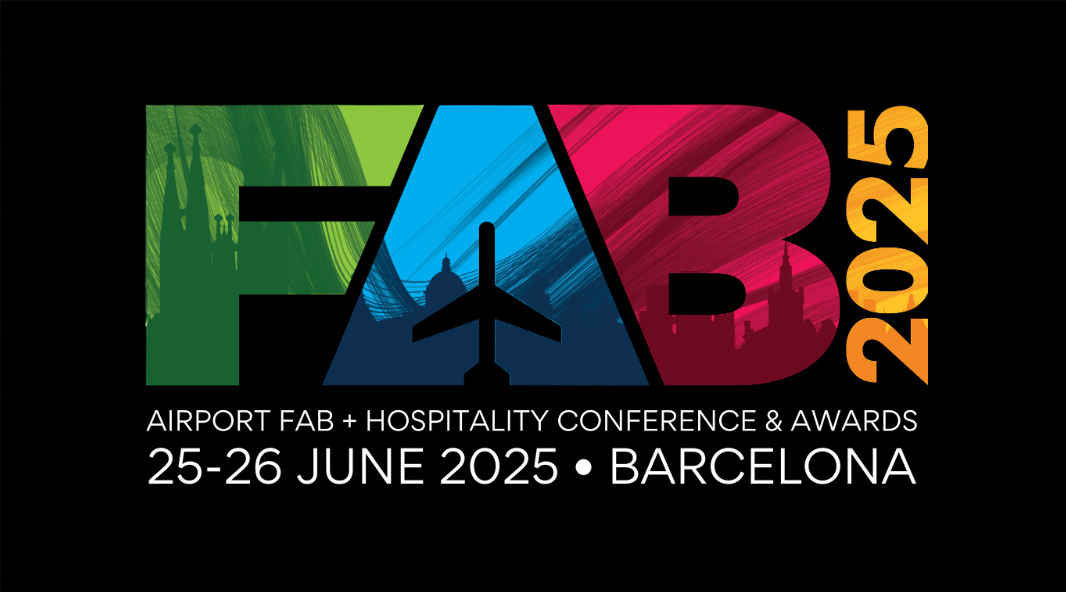









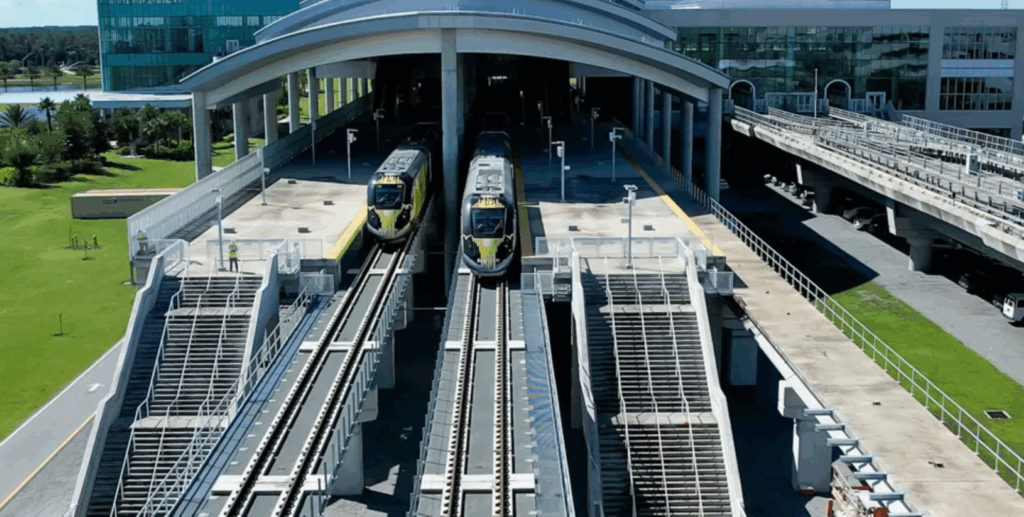

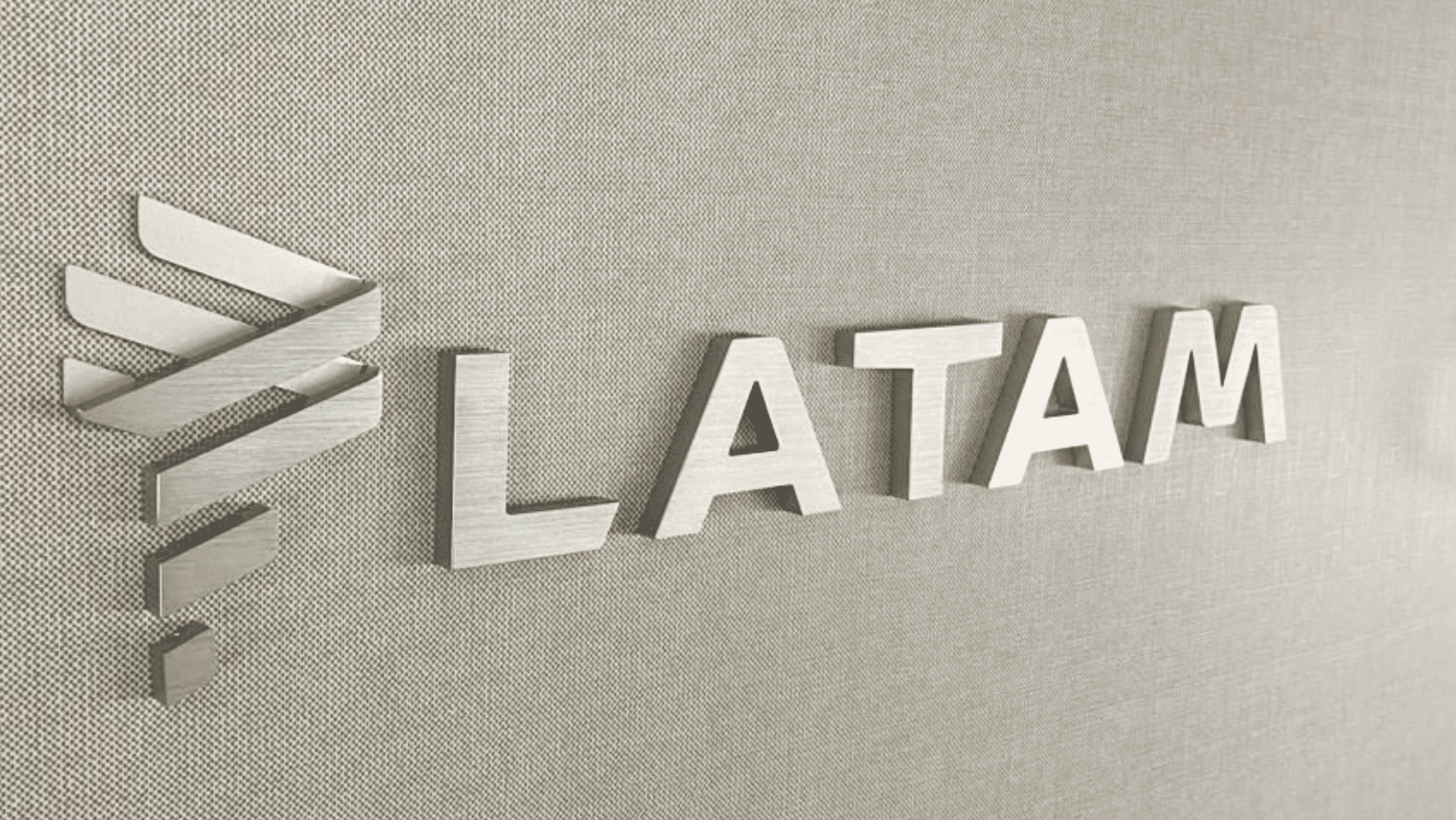


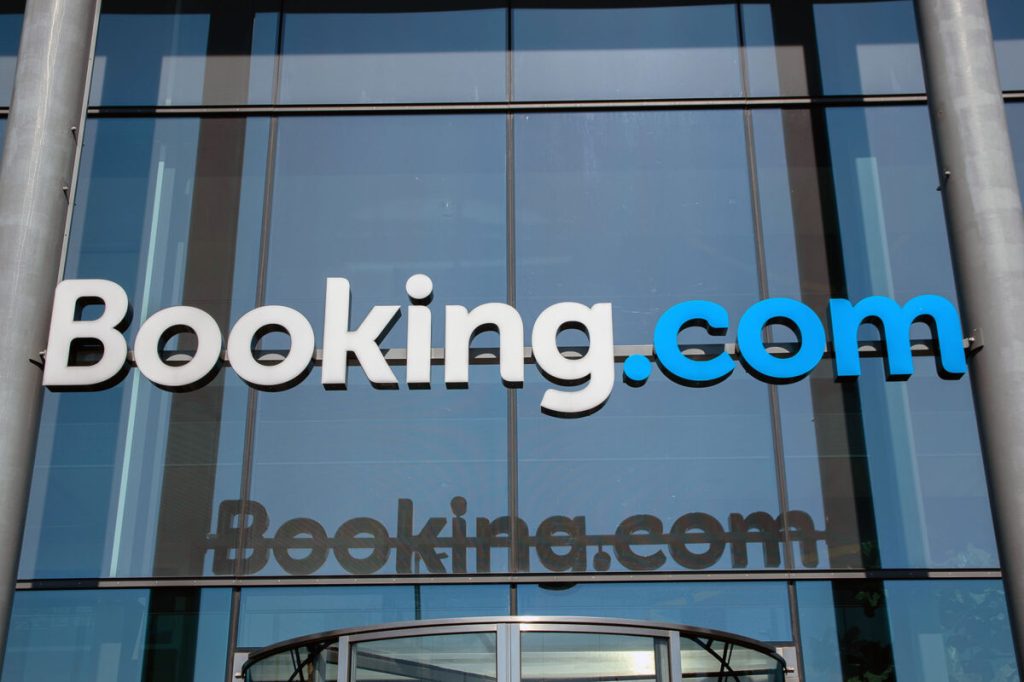








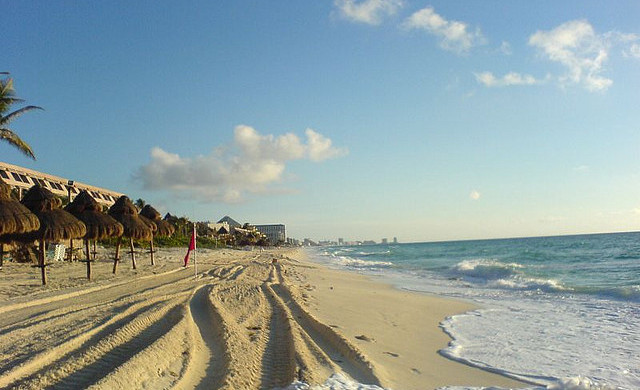
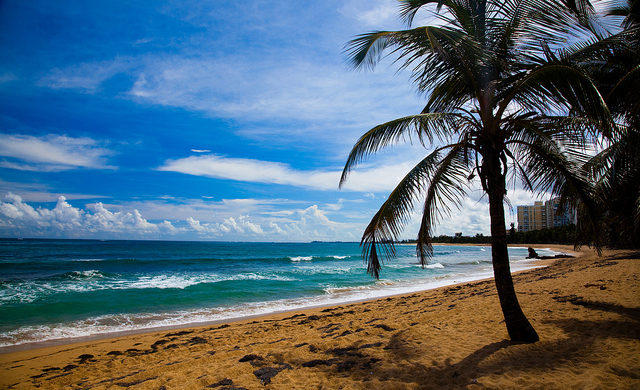










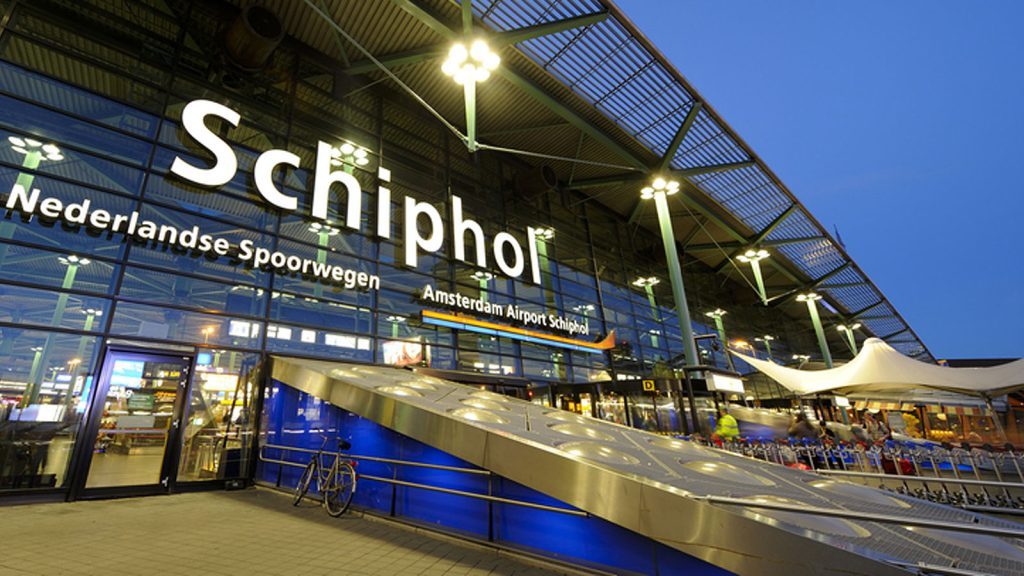
























-0-8-screenshot.png?width=1920&height=1920&fit=bounds&quality=70&format=jpg&auto=webp#)
.jpg?width=1920&height=1920&fit=bounds&quality=70&format=jpg&auto=webp#)


































































